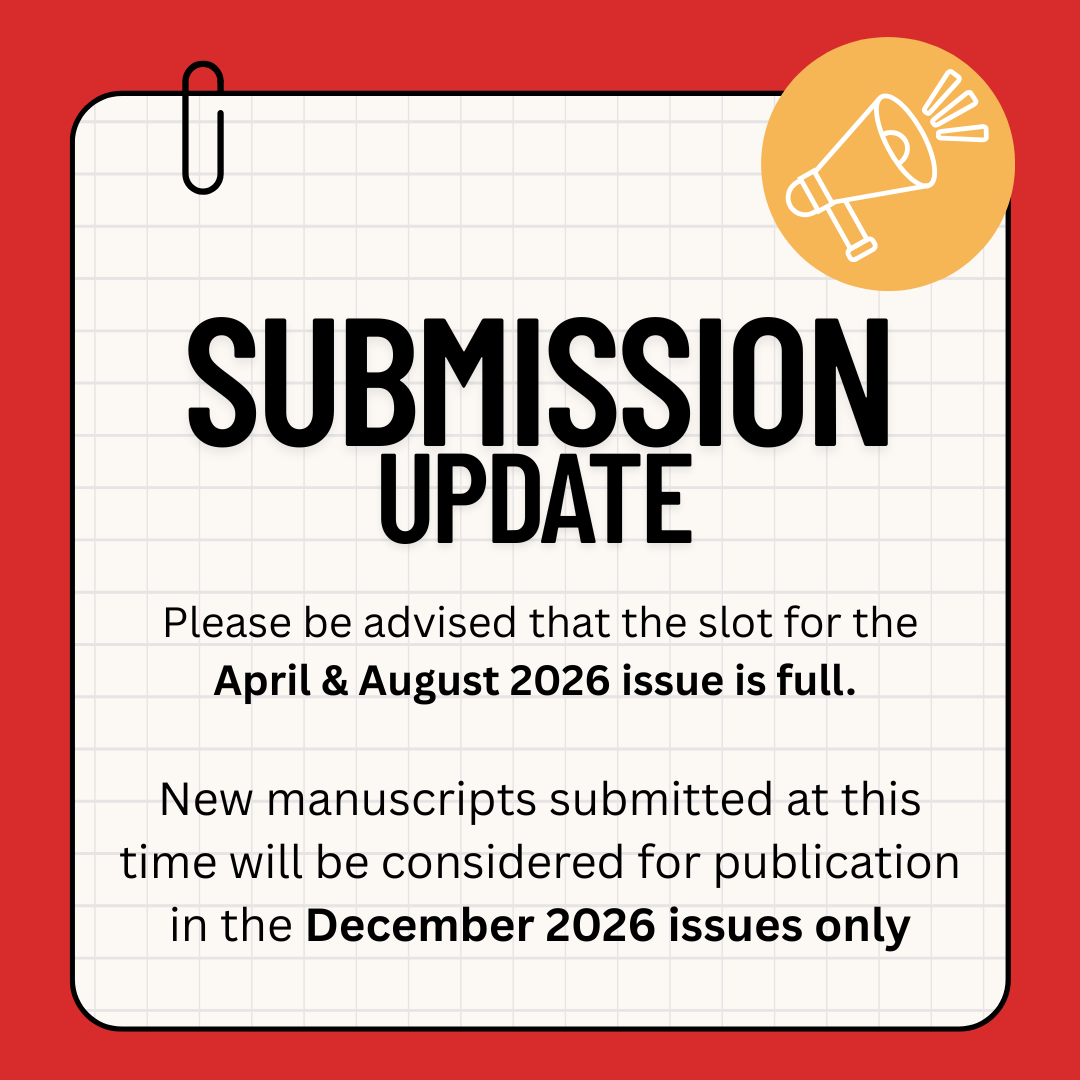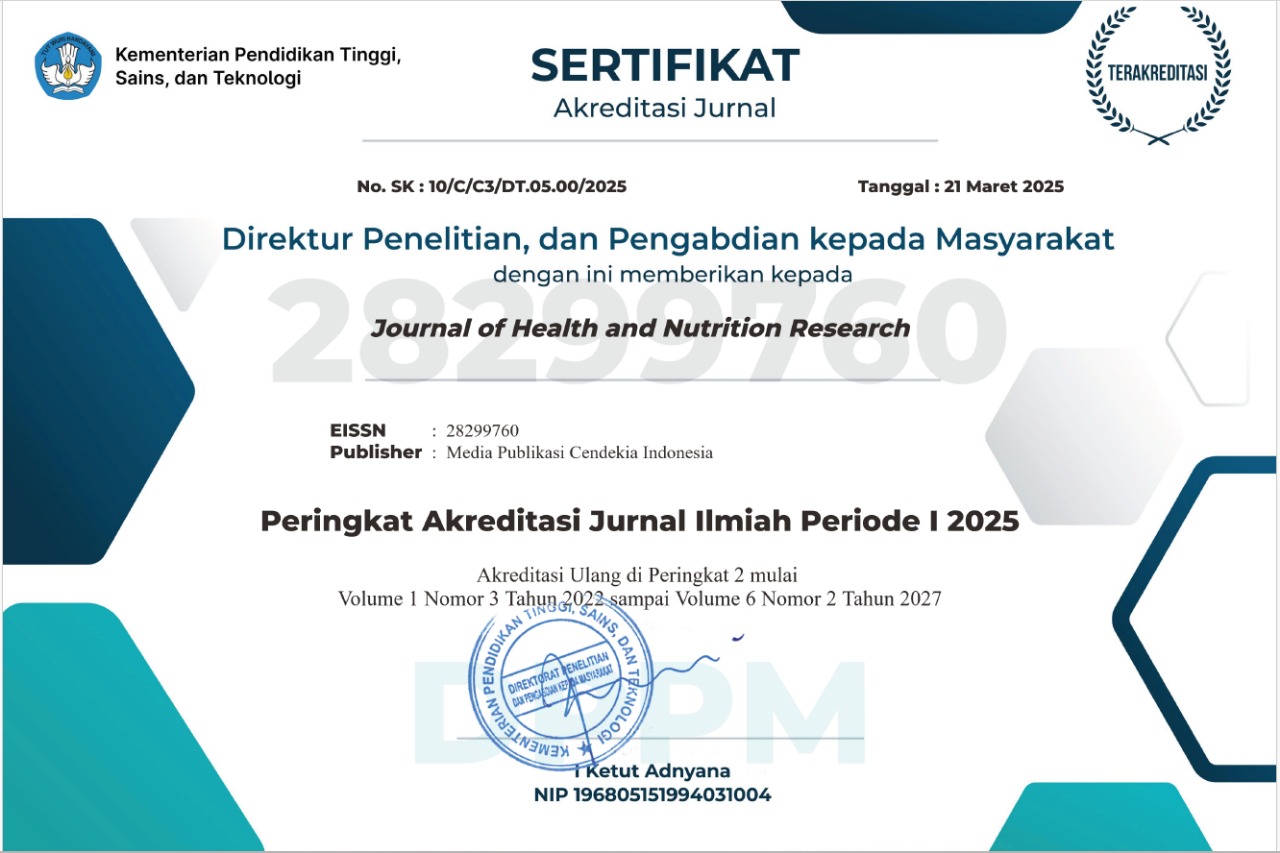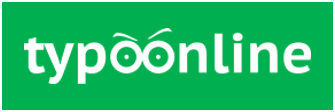Editorial Policy
This policy describes guidelines in the publication process of our journals. Specifically, Journal Issues adopts and strive to adhere to the following standards and requirements: COPE (Committee on Publication Ethics).
Authorship
An author is an individual who has significantly contributed to the development of a manuscript. The JHNR recommends that authorship be based on the following four criteria:
- Substantial contributions to the conception or design of the work, or the acquisition, analysis, or interpretation of data for the work
- Drafting the work or revising it critically for important intellectual content
- Final approval of the version to be published
- Agreement to be accountable for all aspects of the work in ensuring that questions related to the accuracy or integrity of any part of the work are appropriately investigated and resolved
Acknowledgement
Individuals who participated in the development of a manuscript but do not qualify as an author should be acknowledged. Organizations that provided support in terms of funding and/or other resources should also be acknowledged.
Changes in authorship
Whenever there is a need to make changes in the authorship of a manuscript or a published article, the changes will be implemented according to COPE specification. Only corresponding authors can make request for a change in authorship. Request should be made to the editor using the Changes in Authorship Form or via e-mail from the corresponding authors email address.
Submission of Manuscript
Authors should read the “Authors Guidelines” on the journal’s page before making a submission. Manuscript should be prepared according to the style and specifications of the journal’s policy. Authors listed on the manuscript should have met the requirements for Authorship specified above. Where possible, specify the contribution of each of the authors.
All authors should approve the final version of the manuscript prior to submission. Once a manuscript is submitted, it is therefore assumed that all authors have read and given their approval for the submission of the manuscript. Contact information of all authors should be stated on the manuscript. Surname/Other names, affiliation, emails, and phone/fax numbers.
Declaration of Conflicts of Interest should be stated in the manuscript.
Conflict of interest
“Conflict of interest (COI) exists when there is a divergence between an individual’s private interests (competing interests) and his or her responsibilities to scientific and publishing activities such that a reasonable observer might wonder if the individual’s behavior or judgment was motivated by considerations of his or her competing interests” WAME4.
Authors should disclose all financial/relevant interest that may have influenced the development of the manuscript.
Reviewers should disclose any conflict of interest and if necessary, decline the review of any manuscript they perceive to have a conflict of interest. Editors should also decline from considering any manuscript that may have conflict of interest. Such manuscripts will be re-assigned to other editors.
Confidentiality
A submitted manuscript is a confidential material. Journal Issues will not disclose submitted manuscript to anyone except individuals who partake in the processing and preparation of the manuscript for publication (if accepted). These individuals include editorial staff, corresponding authors, potential reviewers, actual reviewers, and editors. However, in suspected cases of misconduct, a manuscript may be revealed to members of Journal Issues’ ethics committee and institutions/organizations that may require it for the resolution of the misconduct.
Journal Issues shall follow the appropriate COPE flowcharts wherever necessary.
Peer review
The review process is an important aspect of the publication process of an article. It helps an editor in making decision on an article and also enables the author to improve the manuscript. Journal Issues operates a blind peer review system.
Author(s) identity is removed from the manuscript and shielded from the reviewers during the review process. The reviewer is left with only manuscript without any information that might enable him/her uncovers the identity of the author(s). Information removed includes the author(s) name, address/affiliation, country, phone/fax and email. Any information in the Acknowledgement and Declaration of Conflict of Interest that may lead to the uncovering of the identity of the author is also removed from the manuscript prior to sending it to reviewers.
Manuscripts are assigned to members of the editorial board of the journal or other qualified reviewers. The Manuscript Review Form is used to report the reviewers’ evaluation of the manuscript. A Review Certificate is issued to reviewers after the review of the manuscript (Optional).
Editors and Editorial Boards
Editors are responsible for making final decisions on a manuscript. Journal Issues require all editors and editorial board members to adhere to COPE Code of Conduct and Best Practice Guidelines for Journal Editors.
Editorial Freedom
Interference with the editorial freedom of editors construes misconduct. Journal Issues strictly forbids the interference with the editorial freedom of any of its editors. Suspect cases of interference will be reported to the ethics committee.
Joining Editorial Boards
To join an editorial board of a journal published by Journal Issues, a prospective board member should have completed a doctoral programme. The area of expertise of the prospective board member should fit with the aims and scope of the journal. The applicant should also have research experience and publications in his/her area of expertise.
Editorial board member should be prepared to create adequate time to evaluate assigned manuscript in a timely manner. Applicants for editorial board should complete the editorial board membership form and submit current resume. The application will be evaluated by an editor or an existing editorial board member. Editorial board is reviewed periodically. Members may be asked to submit updated version of their profile/resume. Inactive members may be removed from the board.
Misconduct
Misconduct constitutes violation of this editorial policy, journal policies, publication ethics, or any applicable guidelines/policies specified by COPE, WAME, ICMJE, and STM. Any other activities that threaten/compromise the integrity of the research/publication process are potential misconducts. Suspected cases of misconduct will be investigated according to COPE guidelines
Correction and Retraction of Articles
Corrections may be made to a published article with the authorization of the editor of the journal. Editors will decide the magnitude of the corrections. Minor corrections are made directly to the original article. However, in cases of major corrections, the original article will remain unchanged, while the corrected version will also be published. Both the original and corrected version will be linked to each other. A statement indicating the reason for the major change to the article will also be published. When necessary, retraction of articles will be done according to COPE retraction guidelines
Journal Issues will review and update this editorial policy periodically


















